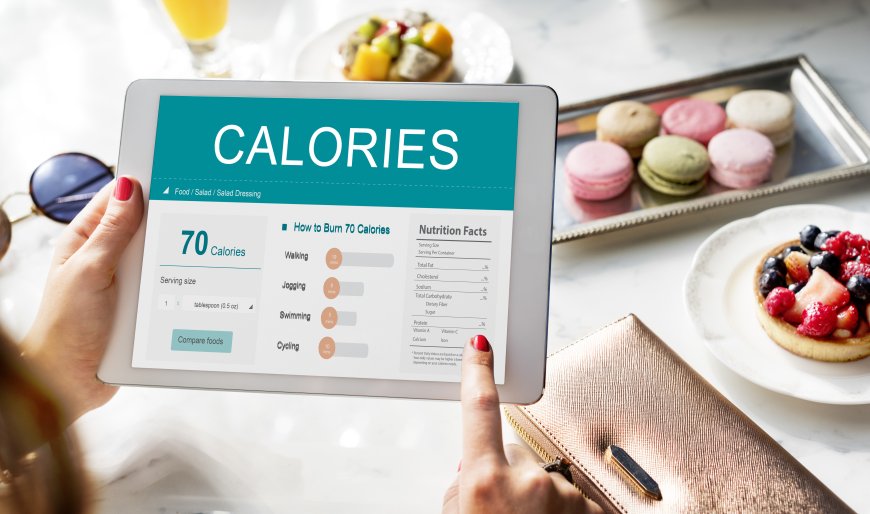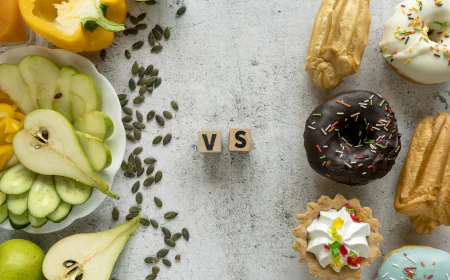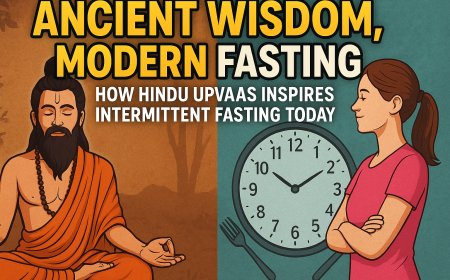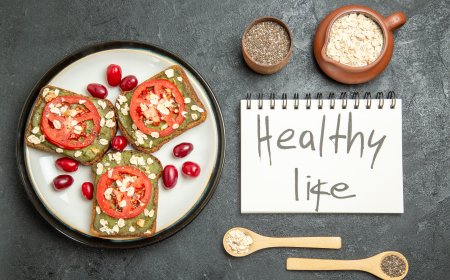Fasting vs Calorie Counting: Which One Actually Works for Weight Loss?
Not sure whether to try intermittent fasting or stick to calorie counting? This guide breaks down both methods to help you choose the smartest and most sustainable option for your weight loss journey.

Introduction:
If you’re trying to lose weight, you’ve probably asked yourself — should I fast or should I just count calories?
Both are effective, both are backed by science, and both have passionate followers. But which one actually works better for your lifestyle, results, and mindset?
In this article from LeanFasting.com, we’ll break down intermittent fasting vs calorie counting, comparing the pros, cons, and ideal approach based on your personal goals.
What is Intermittent Fasting?
Intermittent fasting (IF) is an eating schedule — not a diet. It limits when you eat, not what you eat.
Popular formats:
-
16:8 (16 hours fasting, 8 hours eating)
-
OMAD (One Meal A Day)
-
5:2 (Eat normally for 5 days, fast for 2)
Benefits:
-
Naturally reduces calorie intake
-
Improves insulin sensitivity
-
Boosts fat burning during fasting
-
Enhances focus and energy
-
Easier to follow long-term (for many)
Challenges:
-
Takes time to adjust
-
Initial fatigue or cravings
-
May not suit everyone with medical or hormonal issues
What is Calorie Counting?
Calorie counting is about tracking every bite. You use apps or journals to record your food intake, aiming for a calorie deficit (eating fewer calories than you burn).
Benefits:
-
High precision
-
Helps understand portion sizes
-
Can be tailored to macros (protein, carbs, fats)
Challenges:
-
Tedious for most people
-
Not sustainable for everyone
-
May lead to food obsession or guilt
-
Doesn’t account for hunger cues or hormones
LeanFasting’s View: Combine the Best of Both
At LeanFasting, we believe the smartest approach is not to choose one over the other — it’s to leverage both wisely.
Here’s how:
-
Use intermittent fasting as your foundation (16:8 is great for most beginners)
-
During your eating window, focus on mindful eating and nutrient-dense meals
-
Don’t obsessively count every calorie — just aim for balance, portion control, and high-protein meals
Fasting vs Calorie Counting: Quick Comparison
|
Feature |
Intermittent Fasting |
Calorie Counting |
|
Primary Focus |
When you eat |
How much you eat |
|
Tracking Required |
Minimal |
High |
|
Lifestyle Fit |
Flexible |
Can be restrictive |
|
Long-term Potential |
Sustainable for many |
Often burnout-prone |
|
Mental Load |
Light |
High (numbers, logging, etc.) |
|
Hormonal Benefits |
Yes |
Less direct |
Final Verdict:
If your goal is sustainable fat loss without the stress of constant tracking, intermittent fasting might be your best bet.
But if you enjoy structure and numbers — or if you’ve hit a plateau — light calorie tracking can fine-tune your results.
Bottom line? Fasting trains your body. Counting trains your mind. Smart weight loss uses both.
Lean Insight:
“You don’t need to eat less, you just need to eat smarter – and at the right time.” — LeanFasting.com
FAQs:
Q. Can I combine fasting with calorie counting?
A. Yes! Many LeanFasters eat within an 8-hour window and track macros lightly to ensure protein intake.
Q. Which one is faster for results?
A. Fasting often delivers early fat loss results due to insulin control. Counting may give more precision over time.
Q. What’s easier for beginners?
A. Fasting, especially 16:8, is simpler to start and doesn't require apps or weighing food.



























